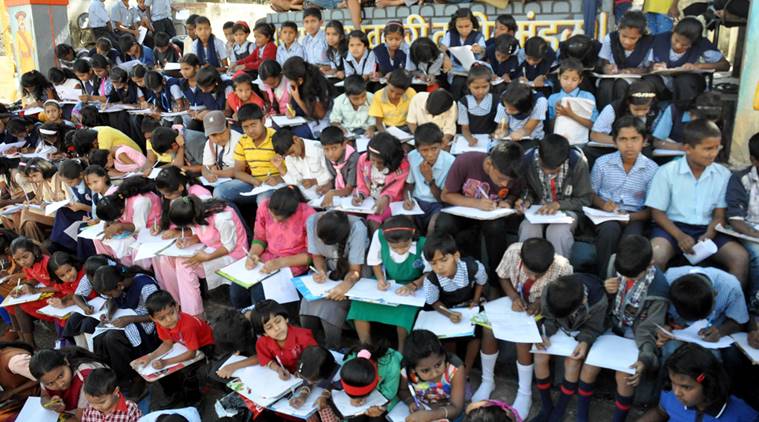Andhra Pradesh High Court Strikes Down GOs Fixing Fees Of Private Unaided Schools
Sebin James
29 Dec 2021 7:13 PM IST

It is harsh but true to say that ‘education’ in India…has gradually slided down from a high status of ‘charity or philanthropy’ to ‘occupation’ and further to ‘industry’ and finally to ‘a livelihood’, the court observed.
Next Story


